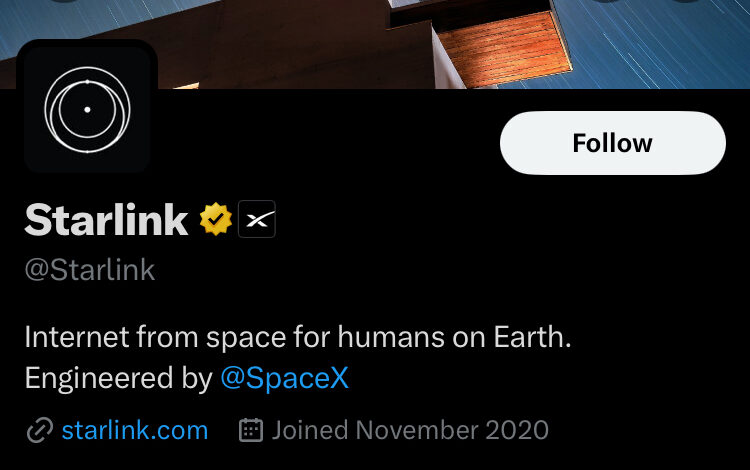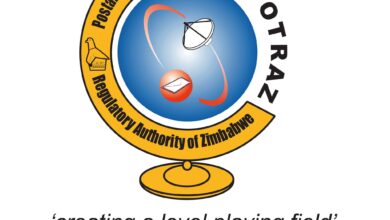Starlink in Zimbabwe: A Game Changer for Internet Access?

The potential introduction of Starlink, Elon Musk’s ambitious satellite internet service, in Zimbabwe has sparked a debate on how it could transform internet access for Zimbabweans. With Starlink’s halted services in Zimbabwe pending licensing approval, the country’s telecommunications regulator, POTRAZ, has ordered Starlink to cut off subscribers. Furthermore, this marks a significant step in the regulatory landscape 12. This move has implications for both Starlink and the existing service providers in Zimbabwe. It also raises questions about the future of internet access and competition in the country.
The Starlink Challenge in Zimbabwe
Starlink, known for its promise of high-speed internet access through satellite technology, has faced regulatory hurdles across Africa, including Zimbabwe. The country, along with South Africa, is among those that have yet to license Starlink. This is despite the service’s potential to bridge the digital divide. Furthermore, it offers affordable internet access to millions of people 4. The regulatory challenges highlight the complexities of introducing new technologies in developing markets. A market where infrastructure and regulatory frameworks may not be fully equipped to support innovative services.
Starlink in Zimbabwe: Impact on Zimbabweans
The introduction of Starlink in Zimbabwe could significantly impact internet access for Zimbabweans. With only 40% of the population having access to the internet, the lowest rate in Africa, Starlink’s satellite technology could potentially provide a more affordable and reliable alternative to traditional internet services 4. However, the current regulatory stance poses a challenge to Starlink’s entry into the Zimbabwean market. Moreover, this raises questions about the government’s stance on technological advancements. Questions also arise about the potential for increased competition in the telecommunications sector.
The Response of Current Service Providers
The potential entry of Starlink in Zimbabwe could force current Internet Service Providers (ISPs) to reassess their strategies to remain competitive. ISPs have been criticised for offering poor services and raw deals to citizens. This is especially in light of the country’s economic challenges 7. Additionally, the introduction of Starlink could prompt these ISPs to improve their services. This will potentially lead to a more competitive market and better internet access for Zimbabweans. However, the regulatory hurdles and the need for Starlink to obtain a license could also influence the pace and nature of these improvements.
The Regulatory Dilemma
The regulatory challenges surrounding Starlink’s entry into Zimbabwe highlight the complexities of balancing technological advancement with regulatory compliance. While Starlink’s satellite technology offers a promising solution to the digital divide, the current regulatory stance poses a significant barrier to its introduction. The debate over the licensing of Starlink in Zimbabwe raises questions about the government’s approach to technological innovation. Also, the potential for increased competition in the telecommunications sector is in question.
Conclusion
The potential introduction of Starlink in Zimbabwe represents a significant opportunity for improving internet access for Zimbabweans. However, the regulatory challenges and the need for Starlink to obtain a license pose significant hurdles. As the debate continues, it is clear that the introduction of Starlink could lead to increased competition in the telecommunications sector, potentially benefiting Zimbabweans by offering more affordable and reliable internet access. However, the regulatory landscape will play a crucial role in determining the future of Starlink in Zimbabwe and the broader impact on the country’s telecommunications market.





